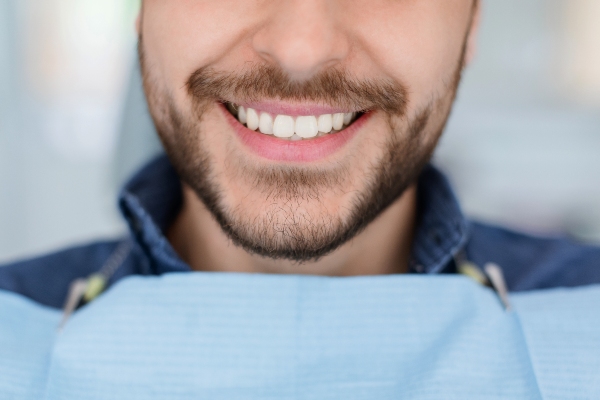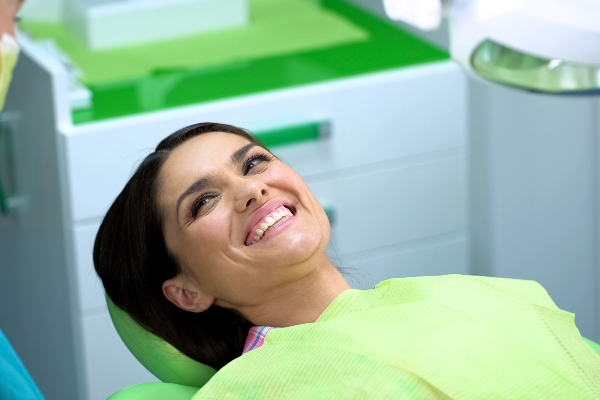 Your pediatric dentistry professional can check your child’s teeth and gums during regular visits. Seeing this dental care provider can also teach you and your child important terms to remember. Each checkup presents an opportunity to ask your dentist for guidance. If you want to know more about oral hygiene, here are some questions to ask your pediatric dentistry professional.
Your pediatric dentistry professional can check your child’s teeth and gums during regular visits. Seeing this dental care provider can also teach you and your child important terms to remember. Each checkup presents an opportunity to ask your dentist for guidance. If you want to know more about oral hygiene, here are some questions to ask your pediatric dentistry professional.
1. Why do gums bleed?
Bleeding gums can be alarming. Many factors lead to this type of condition. A few of them are tartar buildup, taking specific medications, and using a hard-bristled toothbrush. The dentist must see the patient right away at the first sign of gum bleeding. This can provide proper pediatric dentistry treatments to resolve the issue. Here are common dental conditions that can cause bleeding gums:
- Deficiencies in vitamin K and vitamin C can cause gum bleeding. Having a diet rich in vitamin K and vitamin C can help correct this deficiency.
- Gingivitis happens when plaque sits along the gumline for long periods. Brushing can remove plaque and prevent cavities. Improper flossing and brushing can result in gum bleeding and gingivitis.
- Periodontal disease can also cause gum bleeding. This condition involves the infection of the jawbone, gums, and tissues that connect the gums and teeth.
2. What is bad breath and how can it go away?
Also known as halitosis, bad breath is a common oral hygiene problem. Pediatric dentistry recognizes this issue as something that arises because of some chronic diseases, cavities, or a tongue that does not get any scrubbing. Practicing good oral hygiene can help reduce bad breath. Going through pediatric dentistry treatments for bad breath can also reduce or eliminate this problem. Getting pediatric dentistry treatments for oral diseases can clear away the deep-seated bacteria that cause bad breath.
3. How important is flossing?
Brushing cleans dental surfaces, but it cannot clean between teeth. Plaque and food particles can get stuck between teeth and beneath the gumline. This is where flossing can help. It can remove plaque and food particles in the narrow spaces between teeth. Using dental floss can do the job. Pediatric dentistry professionals recommend flossing before bedtime.
4. Can wearing braces help maintain good oral health?
Yes, it can. Crooked teeth result in areas that are difficult to clean. These areas can harbor food particles, plaque, and tartar that can degrade the child’s oral health. Pediatric dentistry treatments for teeth straightening can align the child’s teeth. Every tooth can then go through better brushing and cleaning. This will result in better oral hygiene.
5. Is it possible to maintain good oral hygiene while the child is teething?
Parents can start good oral care even before the child has baby teeth. This is possible by cleaning the gums with a warm, clean cloth. If the baby has swollen gums due to teething, using a cold, clean cloth can soothe and clean the gums. Keeping this up until the baby teeth erupt can start the child’s path to good oral hygiene.
Pediatric dentistry can guide you in maintaining your child’s good oral hygiene
Proper oral care at an early age can prevent more complicated dental issues in the future. With the help of your pediatric dentistry professional, your child can learn proper techniques in brushing and flossing. Using antibacterial mouthwash and eating the right foods can also support good oral hygiene. These good dental habits can make the child healthier and happier as well.
Request an appointment or call Hudson Valley Pediatric Dentistry at 845-363-4177 for an appointment in our Middletown office.
Recent Posts
Cavity treatment for kids is essential for a child’s oral health. Dental decay can cause discomfort, causing the child to lose focus at school. It can even result in low self-esteem and malnutrition. Treating cavities can improve your child’s general health. Here are effective techniques for cavity treatment for kids.There are cases when fillings cannot…
Parents play a crucial role in their children's tooth care by ensuring their children get started on the right path to optimal dental health. This involves overseeing children's tooth care at home while also helping them develop healthy dental habits and ensuring they see a pediatric dentist regularly.Parents will need to keep their child's mouth…
Just like adults, children need preventive dental care — that is where pediatric dentistry comes in. Many parents believe that their child's teeth are healthy simply because their child is young. The truth is that oral health issues are as prevalent in kids as much as adults. Since they love sugary treats, the risk of…


